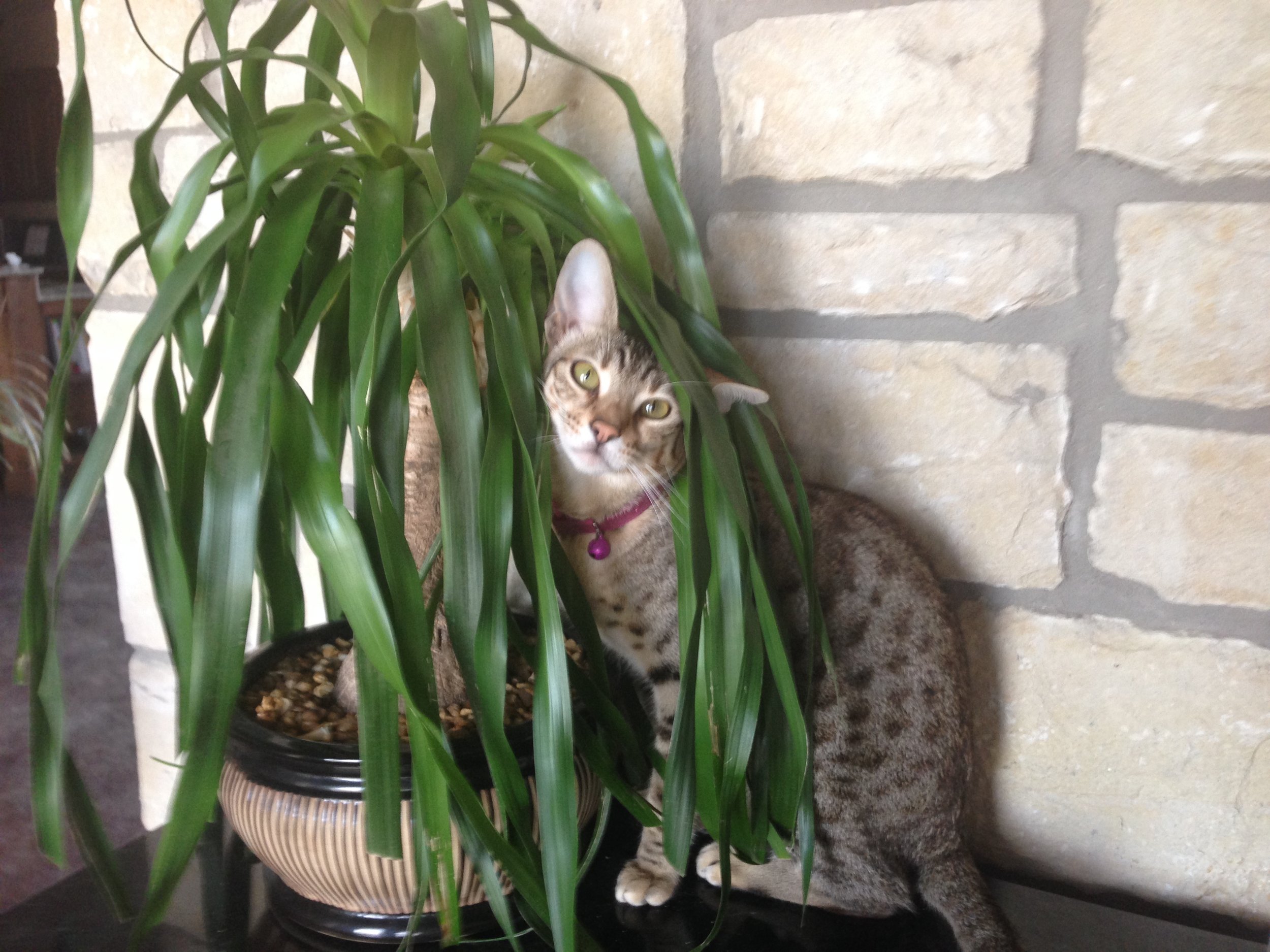Welcoming a cat into your home is an exciting and rewarding experience. Cats are known for their independence, affectionate nature, and playful personalities. However, first-time cat owners may find the experience overwhelming. To make the transition smoother, we've compiled some essential tips for new cat owners. Additionally, you can order personalized instructions or guides on cat care from a service that specializes in paper writings to further assist you on this journey.
Preparing Your Home
Before bringing your cat home, ensure your living space is ready. Cats are curious creatures, and preparing your home in advance can help them adjust more easily.
Cat-Proofing Your Space
Secure loose wires and cables.
Remove toxic plants and substances.
Ensure windows and balconies are cat-safe.
Essential Supplies
Invest in the following items to make your cat feel at home:
Litter Box: Place it in a quiet, accessible location.
Food and Water Bowls: Ensure fresh water is always available.
Scratching Posts: Protect your furniture and satisfy your cat's need to scratch.
Toys: Stimulate your cat’s mind and provide exercise.
Understanding Cat Behavior
Cats communicate differently than dogs or humans. Learning to understand their behavior is crucial for building a strong bond.
Body Language
Tail Position: A high, relaxed tail indicates happiness, while a low or tucked tail can signify fear.
Ears: Forward-facing ears show interest, while flattened ears suggest fear or aggression.
Purring: Often a sign of contentment, but can also indicate distress.
Socialization
Gradual Introduction: Allow your cat to explore their new environment at their own pace.
Positive Reinforcement: Use treats and affection to encourage desired behaviors.
Health and Nutrition
Maintaining your cat’s health is vital for their well-being. Regular veterinary care and a balanced diet are key components.
Regular Vet Visits
Schedule an initial vet visit soon after bringing your cat home. Regular check-ups can prevent health issues and ensure your cat is up-to-date on vaccinations.
Balanced Diet
High-Quality Food: Choose a diet appropriate for your cat’s age, weight, and health needs.
Hydration: Ensure your cat drinks enough water, especially if they eat dry food.
Creating a Comfortable Environment
A comfortable environment is essential for your cat's happiness. Here are some tips to make your home more cat-friendly.
Safe Spaces
Cats need their own space to retreat to when they feel stressed. Provide cozy hiding spots, such as cat beds or covered areas, where they can relax undisturbed.
Play and Enrichment
Interactive play is crucial for your cat’s physical and mental health. Regular play sessions help to reduce stress and prevent behavioral issues.
Laser Pointers: Great for chasing games.
Feather Wands: Encourage hunting instincts.
Puzzle Feeders: Stimulate your cat’s mind during meal times.
Grooming and Hygiene
Regular grooming is essential for keeping your cat healthy and happy. It also provides an opportunity to bond with your pet.
Brushing
Frequency: Brush your cat regularly to reduce shedding and prevent matting.
Tools: Use appropriate grooming tools for your cat’s coat type.
Nail Trimming
Regular Trimming: Keep your cat’s nails trimmed to prevent overgrowth and reduce the risk of scratches.
Technique: Use cat-specific nail clippers and be cautious not to cut too close to the quick.
Solving Common Problems
New cat owners often encounter a few common issues. Understanding how to address these problems can make your experience more enjoyable.
Litter Box Issues
If your cat isn’t using the litter box, it might be due to several reasons:
Cleanliness: Keep the litter box clean and scooped daily.
Location: Ensure the litter box is in a quiet, easily accessible area.
Type of Litter: Some cats have preferences for certain types of litter.
Scratching Furniture
Cats scratch to mark territory and maintain their claws. To prevent damage to your furniture:
Provide Alternatives: Offer scratching posts or pads.
Training: Use positive reinforcement to encourage your cat to use the appropriate items.
Excessive Meowing
If your cat is meowing excessively, it might be due to:
Attention-Seeking: Spend more quality time with your cat.
Hunger: Ensure your cat is fed at regular intervals.
Health Issues: Consult a vet if the behavior persists.
Final Thoughts
Becoming a cat owner is a delightful and fulfilling experience. By preparing your home, understanding your cat’s behavior, and maintaining their health and hygiene, you can ensure a happy life for your feline friend. For additional guidance, you can always turn to resources like 99papers to order personalized cat care guides. Remember, patience and love are key to building a strong bond with your new pet.




